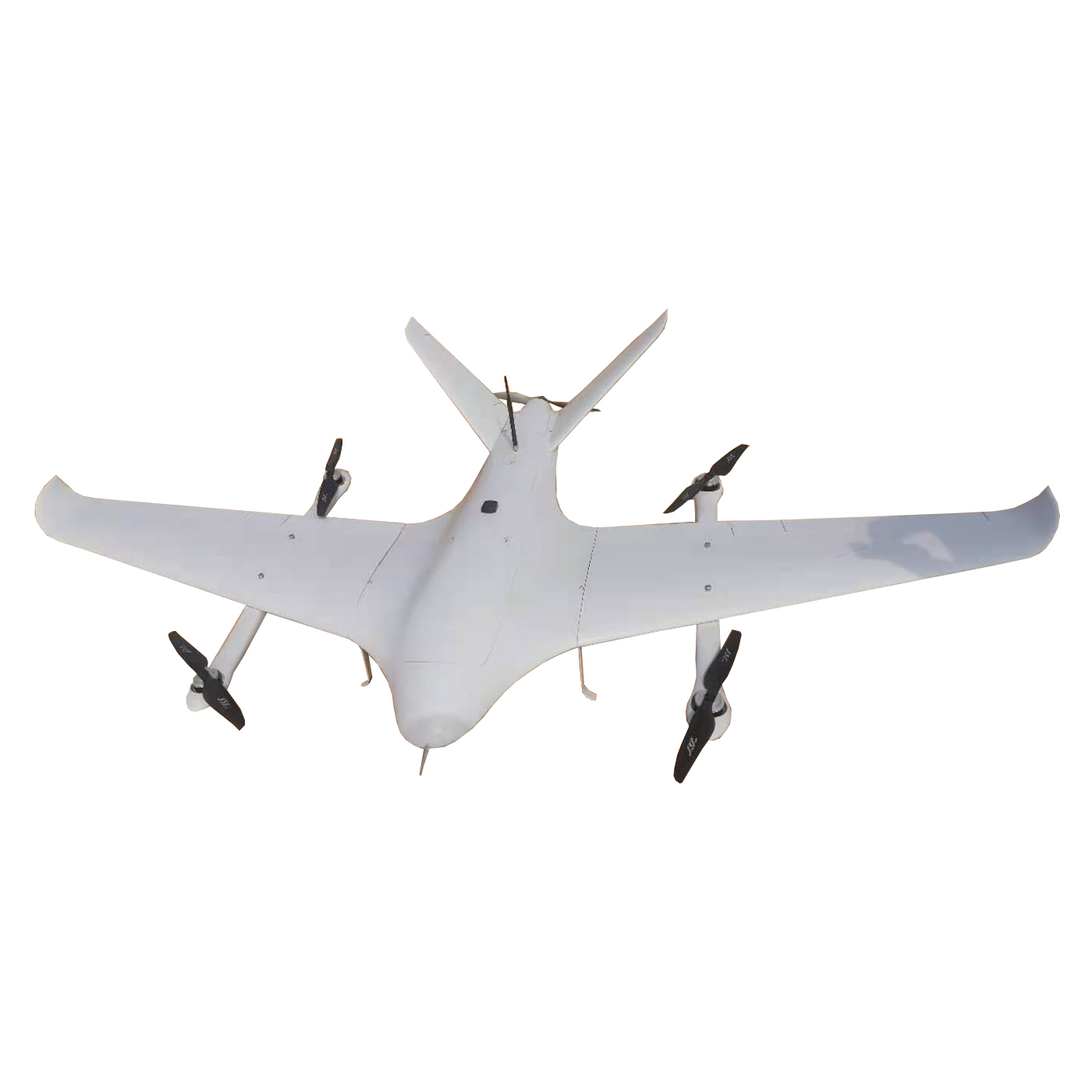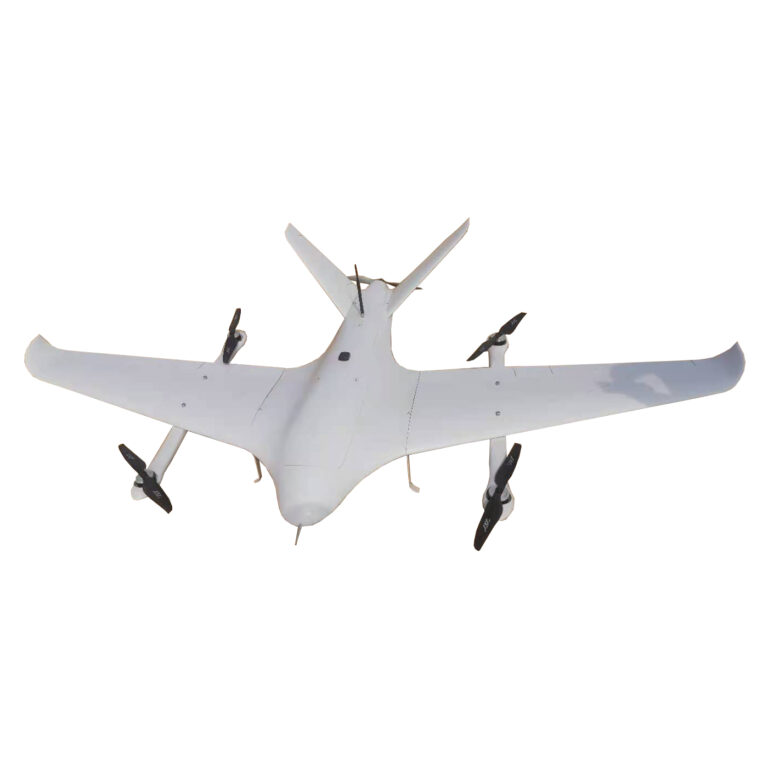Previous post
What is the pros and cons of delivery drones?


Delivery drone safety is a crucial consideration to ensure the secure operation of autonomous unmanned aerial vehicles (UAVs) in the delivery industry. Here are some key aspects and measures related to delivery drone safety:
Regulations and Compliance: Governments and aviation authorities play a vital role in establishing regulations and guidelines for the safe operation of delivery drones. Compliance with these regulations, including airspace restrictions, flight altitudes, and licensing requirements, is essential.
Collision Avoidance Systems: Delivery drones should be equipped with advanced collision avoidance systems, such as sensors, cameras, and radar, to detect and avoid obstacles during flight. These systems enable the drone to navigate around buildings, power lines, trees, and other aerial traffic.
Redundancy and Fail-Safe Mechanisms: Drones should incorporate redundant systems, such as multiple motors and batteries, to mitigate the risks of a single point of failure. Fail-safe mechanisms, such as return-to-home functionality or emergency landing procedures, should be in place to address unforeseen situations.
Weather Monitoring: Delivery drones should have the capability to monitor weather conditions in real-time. They should be programmed to avoid flying in adverse weather, including high winds, heavy rain, or lightning storms, which can jeopardize safe operation.
Geo-Fencing and No-Fly Zones: Drones can be equipped with geo-fencing technology, which sets virtual boundaries and prevents the drone from flying into restricted areas, such as airports, military installations, or sensitive locations. No-fly zone databases can be integrated into drone systems to provide up-to-date information on restricted airspace.
Secure Communication and Data Protection: Delivery drones should utilize encrypted communication protocols to ensure secure and tamper-proof data transmission between the drone and the control center. This prevents unauthorized access and protects the confidentiality and integrity of the data being transmitted.
Operator Training and Licensing: Drone operators should undergo proper training and obtain necessary licenses or certifications to ensure they have the knowledge and skills to operate delivery drones safely. Training should cover topics such as flight operations, emergency procedures, maintenance, and regulations.
Privacy Considerations: Delivery drones should respect privacy rights and adhere to relevant privacy laws. Measures should be in place to protect the privacy of individuals and prevent unauthorized data collection during drone operations.
Maintenance and Inspection: Regular maintenance and inspection of delivery drones are crucial to identify and address any potential safety issues or equipment failures. This includes checking the integrity of the airframe, motors, propellers, and electronics.
Public Awareness and Education: Raising public awareness about delivery drone operations, their benefits, and safety measures is important. Educating the public about how to interact with delivery drones and the potential risks associated with them can help create a safer environment for both drones and people.
It is important to note that safety measures and technologies are continuously evolving, and the adoption of these measures may vary based on local regulations and technological advancements.

